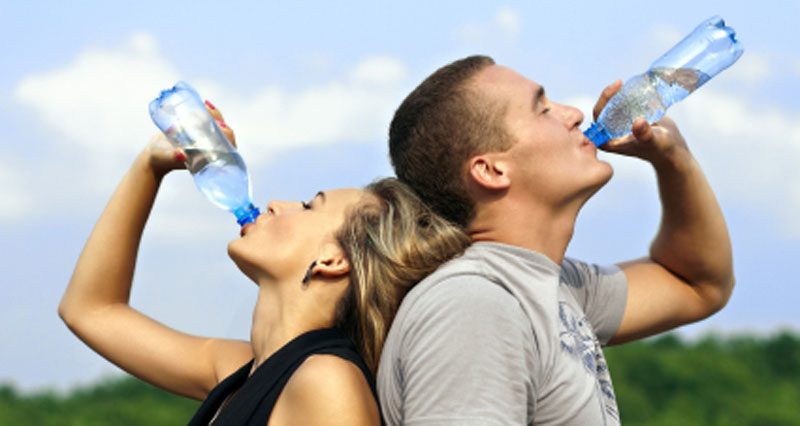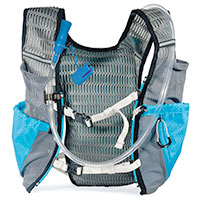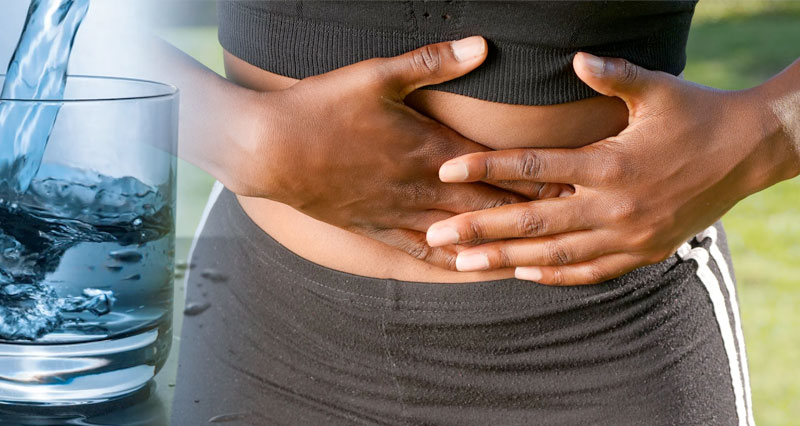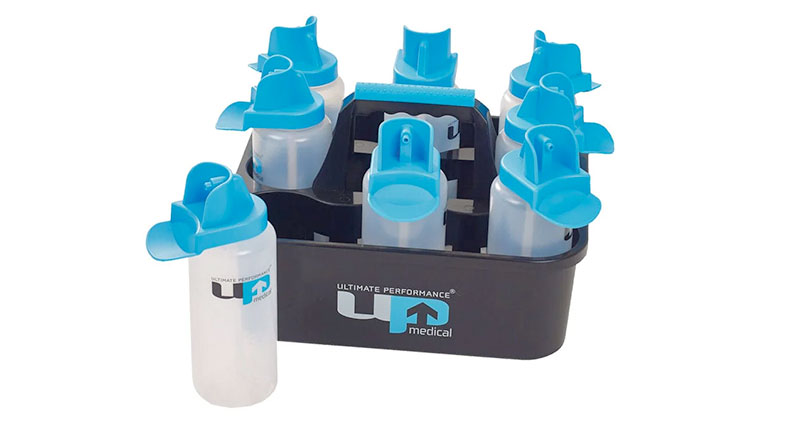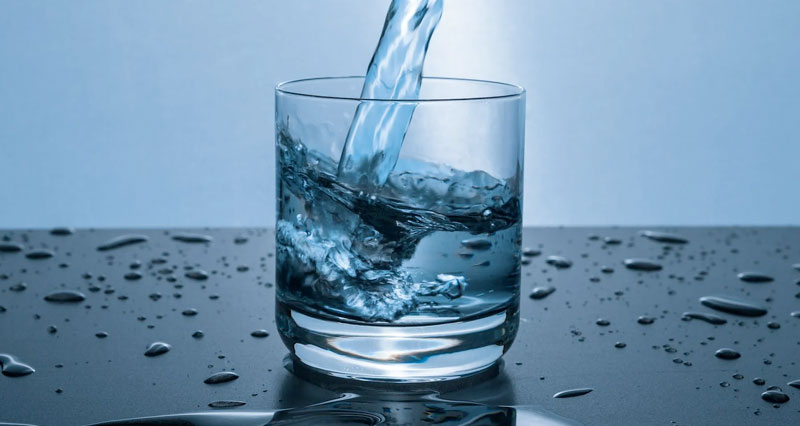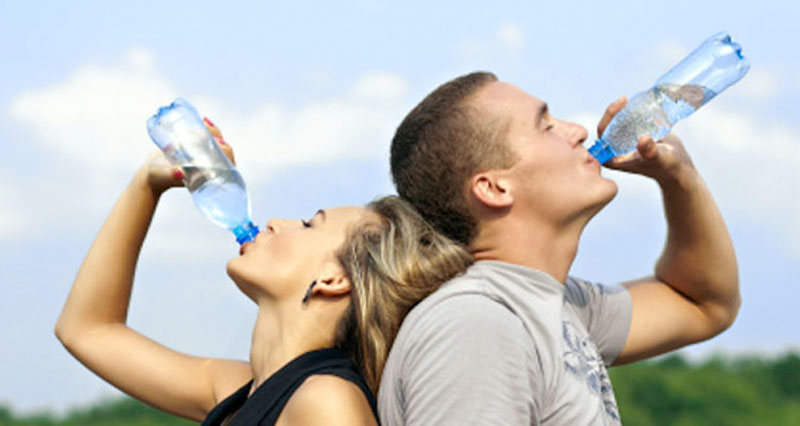Dehydration is excessive loss of water from the body. This can happen for numerous reasons but in sports, failure to take on sufficient fluids will affect your performance. Here we explain how dehydration affects performance and how to prevent it.
What causes dehydration?
- When we exercise, we sweat. This is the body’s way of maintaining a low body temperature.
- During exercise, we also expel more moisture in our breath, due to a higher rate of respiration.
- Failing to replace these lost fluids results in dehydration.
- When it comes to sports and exercise, training and competing in warm environments make dehydration more likely.
Why does dehydration affect performance?
The fluid lost in our sweat and breath must be replaced to enable us to maintain the same level of performance. Even a 2% decrease in body weight through water loss can cause detrimental effects, with reports of up to a 20% decrease in performance!
Both physical and mental performance has been shown to deteriorate in states of dehydration. The following are common symptoms:
- Higher heart rate
- Impaired aerobic capacity
- Reduced concentration and decision making
- Slower reaction times
- Impaired judgment
When the level of water within the body falls, this causes our blood volume to decrease which leads to the thickening of the blood. This places extra strain on the cardiovascular system (heart and blood vessels) and a subsequent rise in heart rate to maintain adequate blood supply to the working muscles and organs.
As blood volume decreases further, blood is diverted away from ‘inactive’ organs (including the skin) and towards the contracting muscles. A lack of blood in the skin decreases the sweating response. This, in turn, causes a further increase in body temperature which if not lowered, can lead to heatstroke.
How to Prevent Dehydration
The best way to prevent dehydration is by regularly taking on fluid throughout your training or competition. The most important lesson is not to wait until you feel thirsty before you have a drink. This is for two reasons. Firstly, while exercising, the feeling of thirst is often masked. Secondly, feeling thirsty is an indicator that you are already dehydrated.
With sports and exercise, there are a number of specialist sports drinks available that claim to be more effective at maintaining hydration and improving performance than plain water alone. The reason for these claims is due to the loss of electrolytes (mainly sodium, or salt) in our sweat.
These electrolytes are vital for many physiological functions within the human body, including muscle contraction. The presence of electrolytes in sports drinks replaces those lost in sweat and also helps to abolish the risk of developing hyponatremia. Many specialist sports drinks often also contain carbohydrates to provide a source of energy.
What about sports drinks?
Sports drinks often claim to be isotonic. This means that the concentration of the drink is equal to the concentration of the blood. This aids the movement of these electrolytes and carbohydrates into our bloodstream, which in turn helps to speed up the rate of water absorption.
The faster this happens, the faster the effects of dehydration are combated. Plain water is hypotonic, which means it has a concentration lower than the blood.
It is possible to make your own sports drinks, with a combination of fruit juices, water, and salt/sugar. There are many recipes available online. One of the simplest methods is to dilute orange juice 50:50 with water. Orange juice generally has a concentration of around 8% and so diluting half with water will lower the concentration to within the isotonic range.
How do I know if I am drinking enough?
The best way of determining if you are consuming enough fluid whilst exercising is to weigh yourself before and after training or competition. Any decrease in weight is due to fluid loss and means you should be drinking more. For every 1lb lost, you should be consuming an additional half a litre of fluid (20 fl oz).
Another method for determining your level of dehydration is by monitoring the colour and strength of your urine. A dark yellow, strong-smelling urine suggests dehydration.
As a general guide, it is recommended that you should drink:
- 10-15 fl oz 2-3 hours before exercise
- 8-10 fl oz 15 minutes before exercise
- 8-10 fl oz every 15 minutes during exercise
